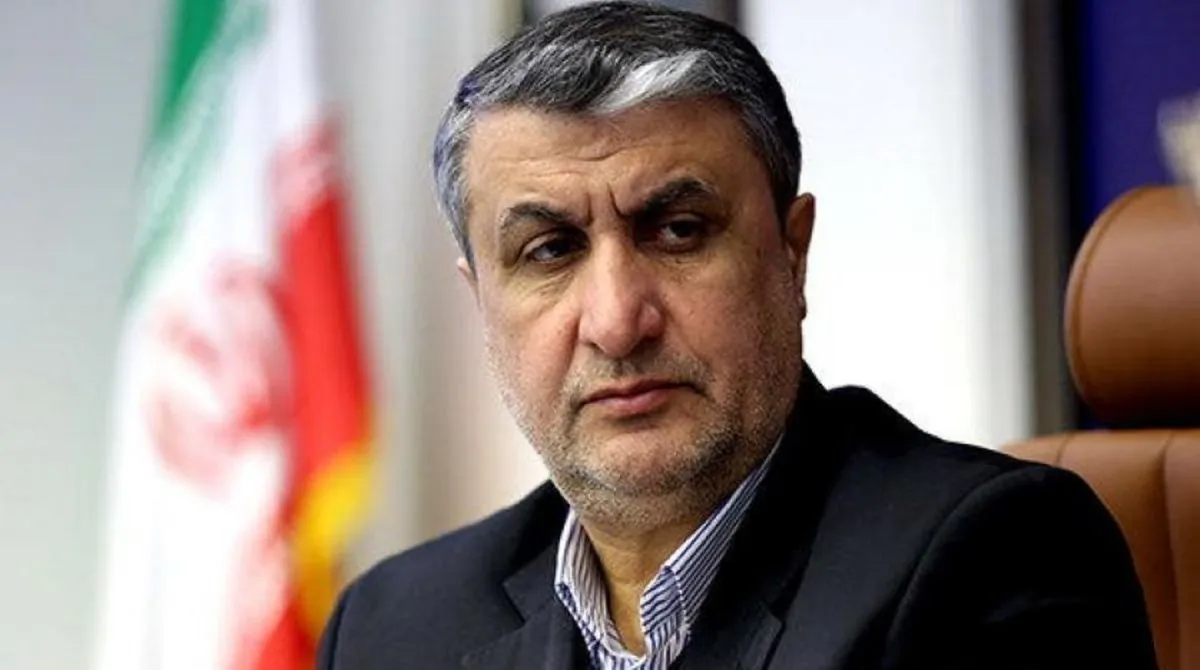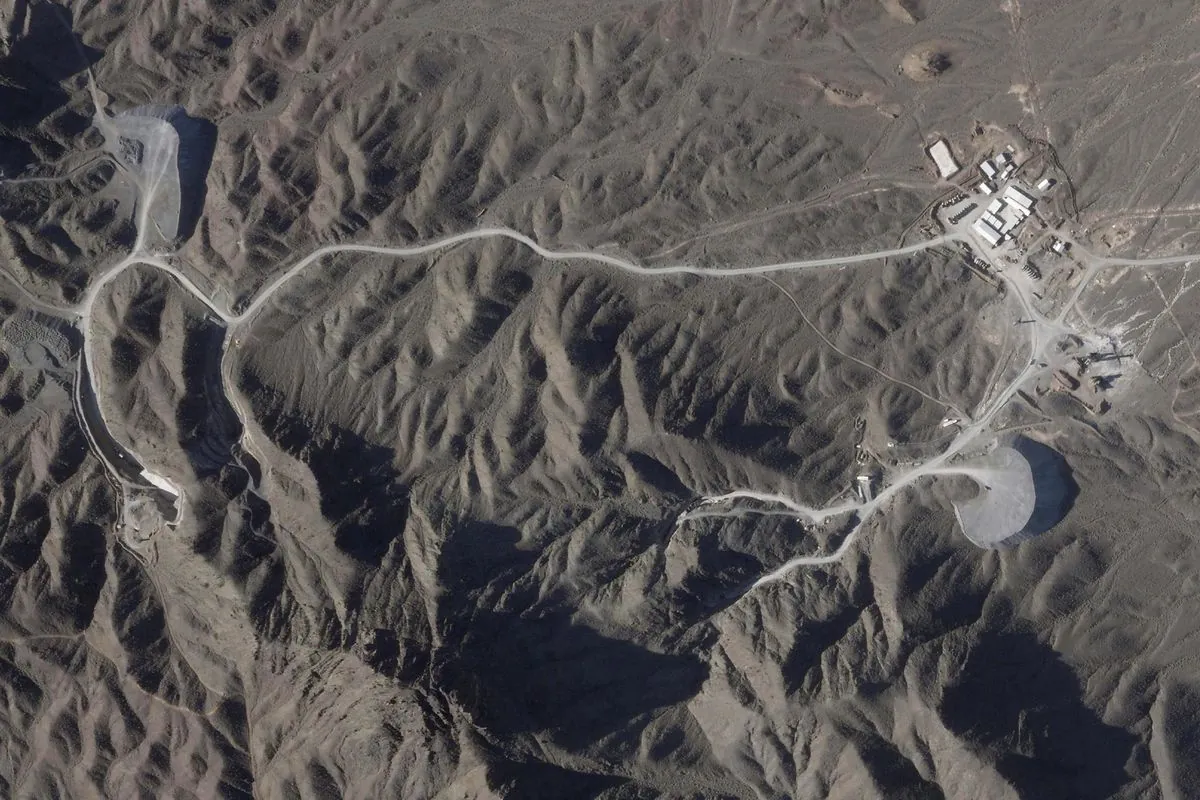Iran Reappoints Controversial Figure to Lead Nuclear Program
Iran's new president has reappointed Mohammad Eslami, a US-educated official previously under UN sanctions, as head of the country's nuclear department. This decision comes amid ongoing tensions over Iran's nuclear activities.

In a recent development, Iran's newly elected president has reaffirmed Mohammad Eslami as the leader of the nation's nuclear department. This decision, announced on state television, has drawn attention due to Eslami's controversial background and the current geopolitical climate surrounding Iran's nuclear ambitions.
Eslami, 67, will continue his role as chief of Iran's civilian nuclear program while also serving as one of several vice presidents. This reappointment comes at a time when Iran remains under significant Western sanctions, following the collapse of the 2015 nuclear agreement.

The 2015 Joint Comprehensive Plan of Action (JCPOA) was a landmark agreement aimed at curbing Iran's nuclear activities in exchange for sanctions relief. However, its effectiveness has been compromised in recent years, leading to increased international scrutiny of Iran's nuclear program.
Eslami's background includes a period of UN sanctions imposed in 2008, citing his involvement in Iran's nuclear activities. Prior to his current role, he served as Transport and Urban Development Minister from 2018 to 2021, during the administration of former President Hassan Rouhani.
Iran's nuclear program has a long and complex history, dating back to the 1950s when it began with assistance from the United States. The country signed the Nuclear Non-Proliferation Treaty in 1968, demonstrating its early commitment to peaceful nuclear development. However, concerns about potential military applications have persisted.
The Bushehr Nuclear Power Plant, Iran's first commercial nuclear reactor, went online in 2011 with Russian assistance. This facility is part of Iran's broader energy strategy, which aims to achieve a nuclear electric capacity of 20,000 megawatts. Currently, Iran is constructing two additional nuclear power facilities to supplement the operational 1,000-megawatt reactor at Bushehr.
Iran consistently maintains that its nuclear program is for peaceful purposes, primarily focused on energy production and medical applications. The country has the second-largest proven natural gas reserves globally, highlighting its significant energy resources.
International concerns persist, with the United States, France, Britain, and Germany accusing Iran of escalating its nuclear activities beyond agreed-upon limits. The International Atomic Energy Agency (IAEA), established in 1957, plays a crucial role in monitoring Iran's nuclear program.
As tensions continue, the reappointment of Eslami signals Iran's commitment to its nuclear objectives, despite international pressure. The coming months will likely see ongoing diplomatic efforts to address concerns and potentially revive negotiations surrounding Iran's nuclear activities.
"Iran's nuclear program is peaceful and geared towards generating electricity and producing radioisotopes to treat cancer patients, and remains under constant oversight by the IAEA."
This situation underscores the complex interplay between energy needs, international relations, and global security concerns in the realm of nuclear technology.


































